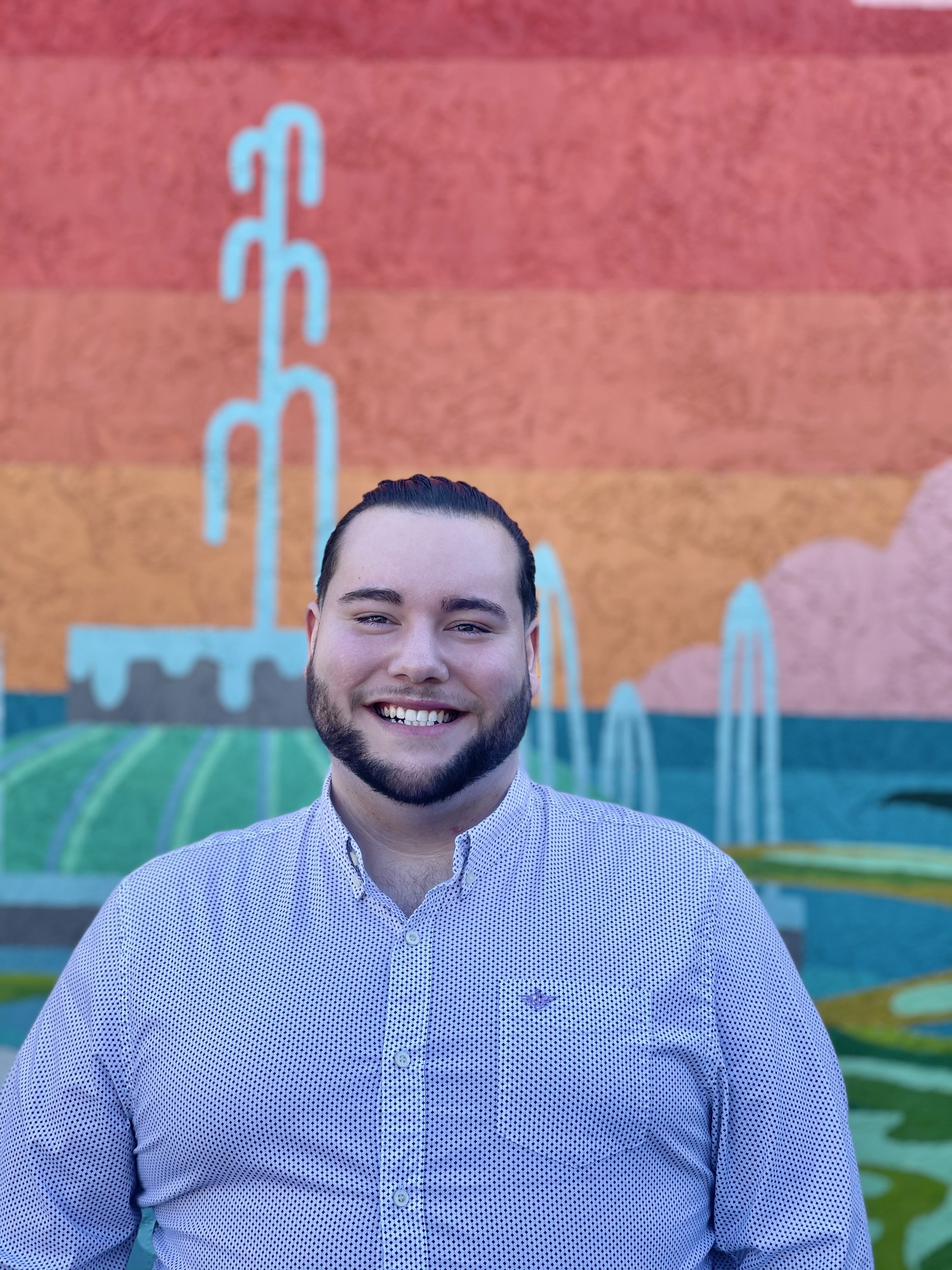Final Critical Analysis
Published:
Cultural Heritage Data and Social Engagement: Final Critical Analysis
Write what haunts you. What keeps you up at night. What you are unable to get out of your mind. Sometimes they are the hardest things to write, but those are often the things that are worth investigating by you specifically. . .
–Edwidge Danticat
For this final post, I want to reflect on a few of the readings and websites of my Cultural Heritage Data and Social Engagement course. I will focus primarily on the theme of power within digital humanities, both theoretical and from data-driven perspectives. We started the course by thinking deeply about Roopika Risam and the post-colonial approaches possible within digital humanities. These post-colonial attempts are grounded in what the author called digital world-building through data, coding, and visualization (Risam, 2019). However, world-building itself comes with challenges primarily tied to whose worlds we are modeling and what stories we are telling through these narratives.
Often these narratives can be politicized, leaving the digital humanities vulnerable to work that implicitly uses racialized construction within their technology and in their world-building efforts (Earhart, 2012). However, only some projects have this implicit bias, and several of the websites we have visited throughout the course are excellent examples of post-colonial and restorative efforts to shine a light on disempowered communities. The CCP (https://coloredconventions.org/), and Chicana por mi Raza (https://chicanapormiraza.org/), immediately come to mind, and I was struck by the power that there can be in making histories like these visible not just to learners of digital humanities but to the communities whose identities are tied to historical narratives of marginality.
Both of these websites also dove-tail nicely with several of Dr. S’ lectures but primarily the one on week five, which notes the relationship that racism has in the US with being considered inhuman. The historical antecedents of our nation make being Black, LatinX, or Indigenous a problem in this country and relegate the histories and truths of those communities to the footnotes of history. This is an important note to make about the power of digital humanities in fixing these issues (when done correctly) and imagining a future where the construction of history through data gathering and archiving does not inherently rely on the stories of the powerful. Gallon (2016) makes these claims as we begin to consider what I will call “critical black digital humanities” for the purposes of this post.
As a Latino researcher working with predominantly marginalized communities, there is tension between understanding how my identity influences my work and how much my work influences my identity as a researcher and person. The tensions result from histories of colonialism, structural violence, and ignored personhood that lay claim to the histories of these communities and my heritage as the son of immigrants. Guiliano and Heitman (2019) have described this relationship by arguing that this intense relationship between individuals’ personal histories and a group’s broader histories are in conversation through complex heritages and the consequences of the colonial encounter in the Americas.
Many of the themes I most identified with challenged my positionality as a researcher and the technologies of power that have framed my research and identity. Digital humanities certainly have the power to affect change in these power struggles when done carefully and with a contextualized lens. At least, I hope this work becomes so visible as to affect the epistemologies of marginality within academia and the power that the humanities hold in broadly transforming these narratives. I cannot wait to be a professor and remember how far we have come to include more voices (like mine) in a room where so many dreams– once deferred– take space at the table.
References:
Earhart, Amy E. “Can Information Be Unfettered? Race and the New Digital Humanities Canon.” Debates in the Digital Humanities, 2012, pp. 309–318., https://doi.org/10.5749/minnesota/9780816677948.003.0030.
Gallon, Kim. “Making a Case for the Black Digital Humanities.” Debates in the Digital Humanities 2016, edited by Matthew K. Gold and Lauren F. Klein, Chapter 4. Minneapolis, MN: University of Minnesota Press, 2016.
Guiliano, Jennifer, and Carolyn Heitman. “Difficult Heritage and the Complexities of Indigenous Data.” Journal of Cultural Analytics, 2019, https://doi.org/10.22148/16.044.
Risam, R. (2019). New digital worlds: Postcolonial digital humanities in theory, praxis, and pedagogy. Northwestern University Press.
Schroeder, Week 5 Lecture. https://mymedia.ou.edu/media/Week+5+CHDSEA+Unit+C+Black+Digital+Cultural+Heritage+part+1/1_ubjh2nel
